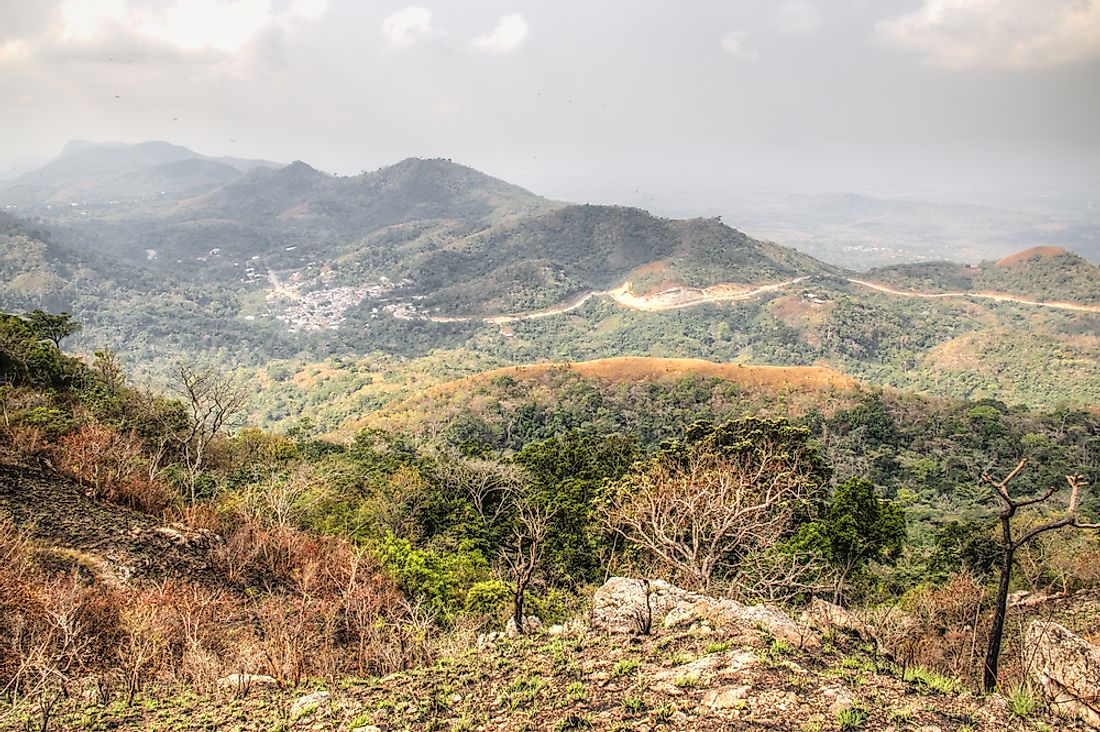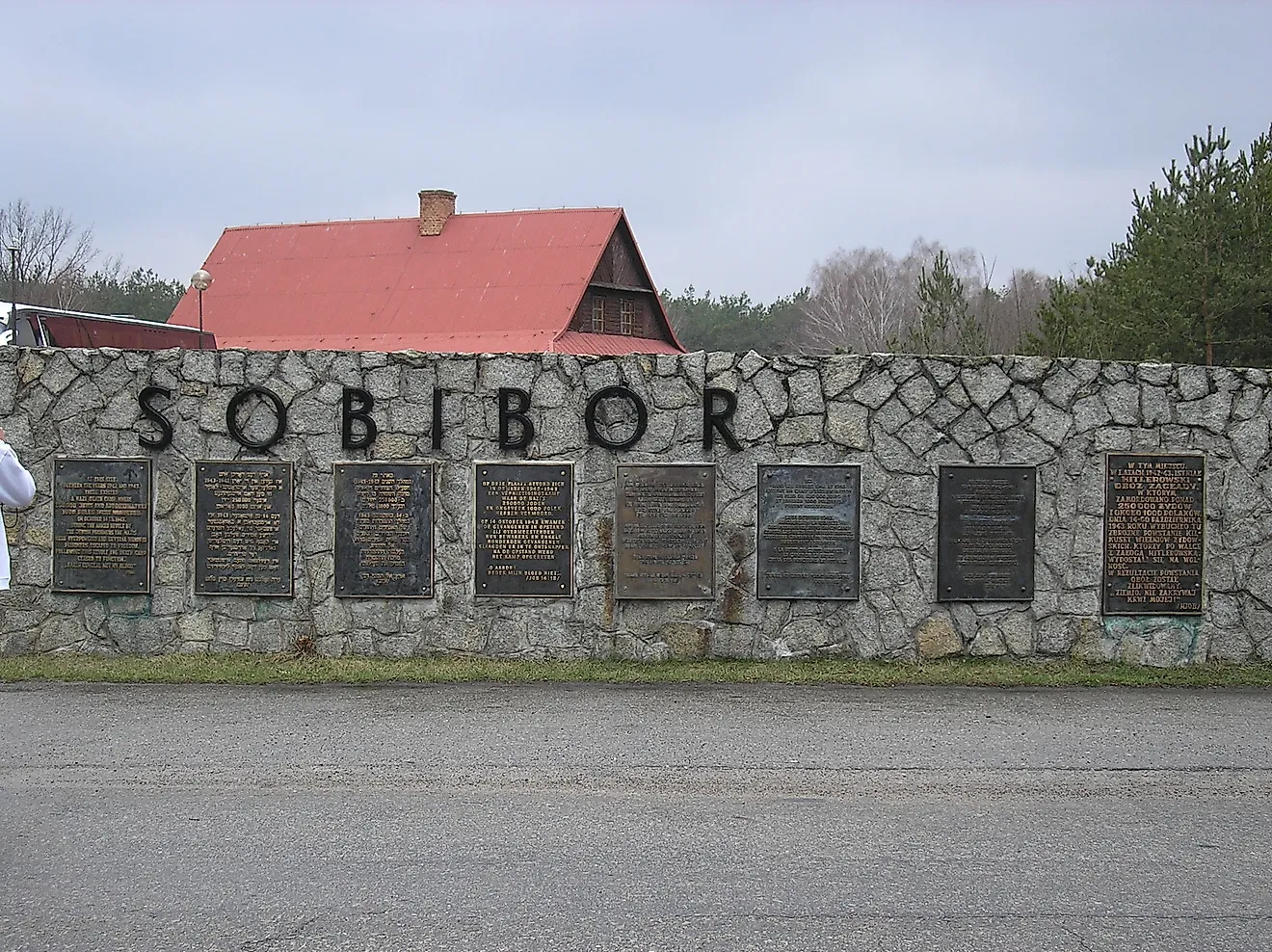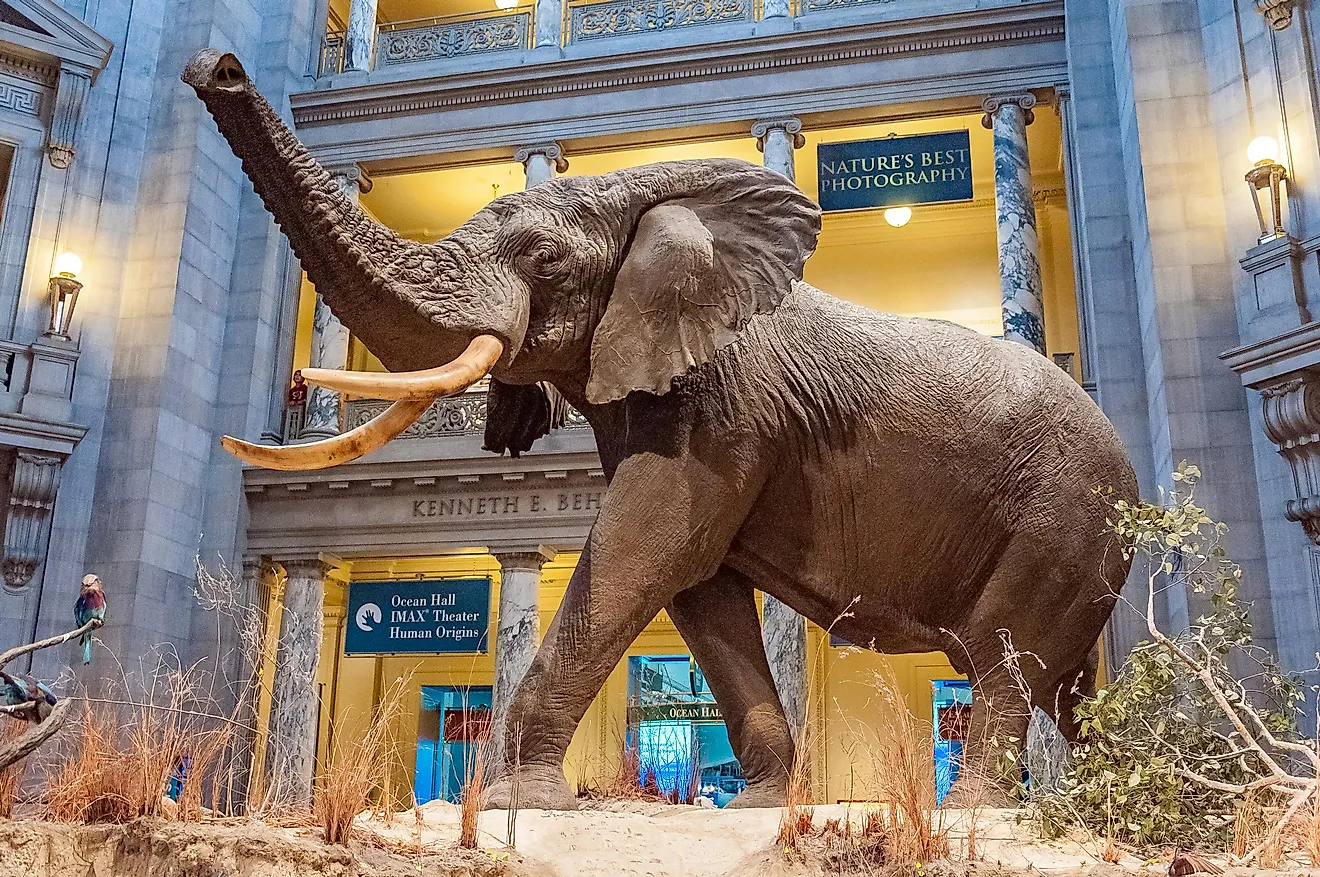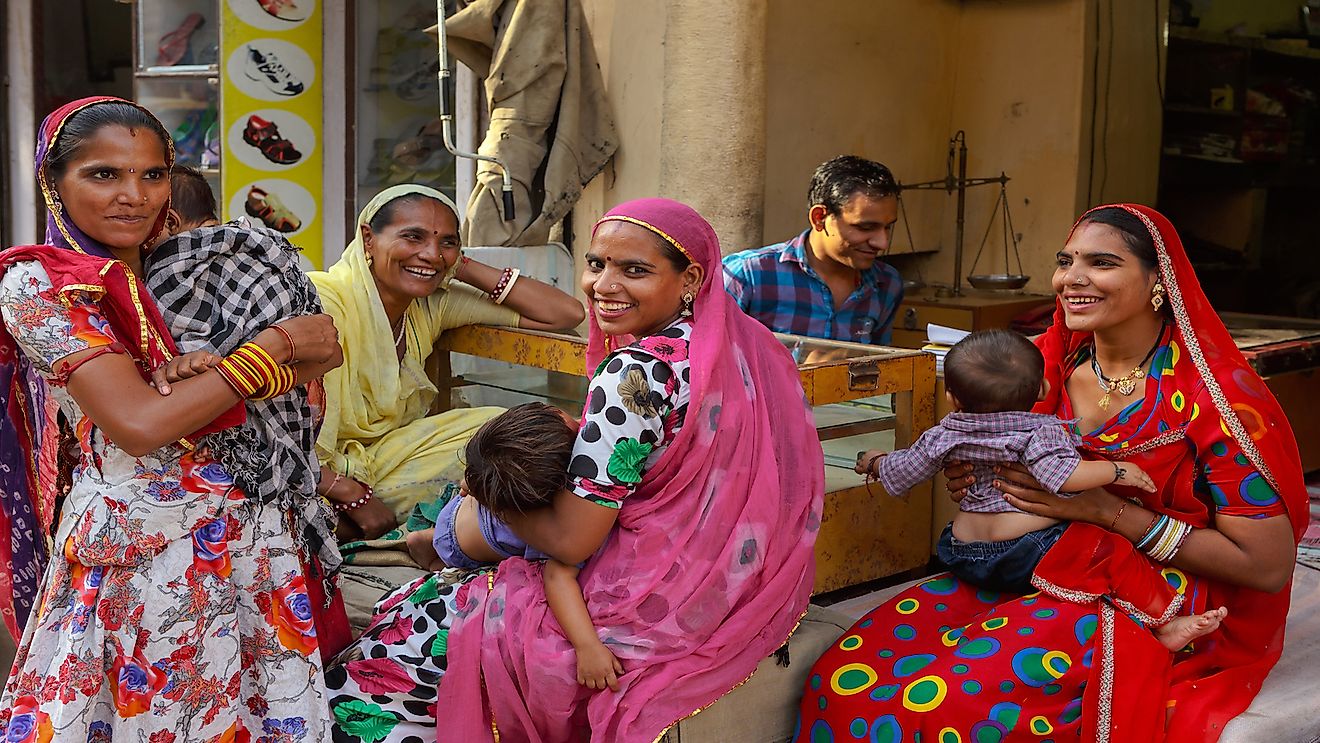Who Was Esther Afua Ocloo and What Did She Do?

Esther Afua Ocloo carved her own career path during a time when women lacked the educational and social status to be successful. Born Esther Afua Nkulenu in Ghana on April 18, 1919, Ocloo became one of Ghana's leading entrepreneurs and a source of inspiration around the world. Her contributions to the economic development for women and West Africa has earned her respect, recognition and numerous awards. She is known for establishing Ghana's first food-processing enterprise and improving the lives of African women.
On April 18, 2017, which would have marked Ocloo’s 98th birthday, Google honored her with a Google doodle for her achievements. Despite all of her achievements, many people did not know much about Esther Afua Ocloo until her Google Doodle.
Here are 10 facts about the amazing, groundbreaking businesswoman “Auntie Ocloo”
1. Ambitious from a Young Age
Unlike many women of her time, Ocloo was able to go to school. She attended Achimota School, one of Ghana’s most prestigious boarding schools. She did not come from a wealthy family like her classmates. Like most women in the area, she grew up in a life of poverty in the Volta Region of Ghana. Her father was a blacksmith, and her mother was a potter. She was intelligent and won a scholarship to attend Achimota School, where many prominent African leaders were educated, from 1936-41.
2. She Started a Business with Less than a Dollar
When she graduated high school in 1941, Ocloo was gifted 10 Ghanaian shillings, which is less than one American dollar. Instead of using that money to buy anything frivolous, she decided to start a business. With the 10 shillings, Ocloo purchased sugar, oranges and a dozen jars in order to make some marmalade. In spite of her schoolmates’ ridicule, she sold all her marmalade and successfully made a profit of two shillings. That success thrilled her and planted the seed for her to become a successful businesswoman.
3. She Formed her First Company in 1942
Her little business did so well that her alma mater awarded her a contract to supply her former school with marmalade and orange juice. A year after graduation, Ocloo secured bank loans and established a juice and marmalade business under her maiden name, Nkulenu. Nkulenu Industries still makes and exports jams and other food items around the world today.
4. She Broke Racial Barriers
Achimota College was impressed by Ocloo’s entrepreneurial skills. They sponsored her for a cooking diploma from the Good Housekeeping Institute in London. Ocloo went to England in 1949 to start her studies. She became the first black person to receive a diploma from the Good Housekeeping Institute. She furthered her studies in Food Preservation at Long Ashton Research Station at Bristol University.
5. She Empowered Women
After her studies in England, Ocloo dedicated her time and life to empowering other women to become self-sufficient. She used her new skills and knowledge to grow her company even further. In 1953, she moved back to Ghana and established a farm-based program to help teach women about business, food production, agriculture and craft-making.
6. She Helped Women Start Businesses
In addition to teaching women business skills, Ocloo used her profits to lend women entrepreneurs small amounts of money to help them establish their own business. She wanted the women in her country and all of West Africa to be recognized from their contributions to the economic success of the region. In West Africa, women produce over 80 percent of the region’s food—from growing, to producing, to distributing. Ocloo wanted women to be self-sufficient and equipped to help their children and family. She was known among her community as “Auntie Ocloo,” because of how she generously gave her time and finances.
7. She Received Many Leadership Appointments
Due to business success and high esteem in her community, Ocloo was elected as the first President of what became the Federation of Ghana Industries from 1959 to 1961. Later, she became the Executive Chairman of the National Food and Nutrition Board of Ghana. In the 1960s her business branched out into textiles and dyes. Ocloo gained an international reputation for her women empowerment work in Ghana. In 1964 she was the first woman to be appointed as the Executive Chairman of the National Food and Nutrition Board of Ghana. In 1975 she received an appointment as an adviser to the First World Conference on Women in Mexico.
8. She Founded Several Nonprofits
Over the course of her lifetime, Ocloo founded eight nonprofit organizations, including the Sustainable End of Hunger Foundation and Women's World Banking. Founded in 1976, the Women’s World Banking (WWB) is a microlending organization that gives small loans to female business owners who are unable to secure traditional bank loans. Ocloo served as the first chairman of the Board of Directors of the WWB. Today, the WWB serves 24 million micro-entrepreneurs in 28 countries worldwide, of which the majority are women.
9. She Received the Africa Prize for Leadership
Although Ocloo received numerous awards for her work on the economic empowerment of women, she was the first woman to receive the esteemed African Prize for Leadership in 1990. Awarded by The Hunger Project, the cash reward is given to outstanding leaders from every level and every sector of society that have greatly improved the lives of tens of millions of people. Ocloo reinvested her award money back into her efforts to empower women.
10. She Continues to Have a Legacy
Esther Afua Ocloo passed away on February 8, 2002, at the age of 82. She spent her life promoting sustainability, agriculture and empowering millions of women through business. Ocloo received a state funeral in Accra, Ghana’s capital. She is survived by her husband and four children. Her business sense and legacy continues through the Women’s World Banking and through all the women she helped to start successful businesses in the world.











